With the formal signing ceremony of official normalization of relations between Israel, the UAE and Bahrain this week, there’s indeed much to celebrate. It is only the third time that Israel has entered into a peace agreement with any Arab country since 1979’s peace treaty with Egypt. Never two at once. At that rate, with two new Arab counties making peace with Israel on average of once a generation, it’ll be only 200 years before Israel has peace with all Arab states. But the truth is that with the passing of time and changing realities in the Middle East, there’s a lot more to be optimistic about.
Relations with the UAE and Bahrain are expected to be warm, actually connecting people through trade, tourism, and already budding relations being established virtually. This is unlike the “cold” peace with Egypt and Jordan which are largely between governments and with little business, tourism, or interaction between citizens. It’s extraordinary that the UAE is instructing its hotels to make accommodations for kosher travelers from Israel; a combination of incredible Arab hospitality, respect for Jewish tradition, and desire to make Israelis and Jews, in general, feel comfortable.
It’s also likely that peace will increase military and intelligence collaboration, with a large focus of this on countering aggression and extremism of countries like Iran and Turkey, and the hostile trickle-down of their spreading tentacles. A point of contention is the projected sale of sophisticated F35 stealth aircraft to the Emiratis. It’s unclear if Israel has given a green light, is winking and turning the other way, or will actively oppose this. It’s true that providing this advanced technology to the UAE changes the paradigm of Israel’s strategic military edge. Will Bahrain also request the stealth fighters? But it also opens the door to broad collaboration against Iran. Without generations of active peace, it’s legitimate to wonder with decades of intra-Arab unrest, whether these weapons could ever threaten Israel. It’s something to watch.
Another positive trickle-down is that it could lead to a warming of relations with Egypt and Jordan. It’s not insignificant that upon announcing the “Abraham Accords,” Egypt went out of its way to make positive declarations of support. It didn’t have to. Doing so sends a message to 100 million Egyptians that maybe relations should warm up.
Recommended
Speculation has been rife of other Arab states following the UAE and Bahraini lead. Oman, Morocco, Sudan, and Saudi Arabia could be next. Even before that, there have been promising developments. It’s profoundly significant that both Saudi Arabia and Bahrain announced the opening of their airspace to Israeli flights. That’s a significant step toward recognizing Israel and normalizing relations. But it’s also significant in that the UAE will be a hub for Israelis to destinations in Asia and beyond, cutting out Turkey as a hub and limiting its presence in Israel as Turkey continues a path of hostility and Islamic extremism.
Other warming ties are with Sudan which also opened its airspace to Israeli flights months ago. This is significant in the context of budding relations, shortening Israeli flights to South America, and overturning Khartoum’s infamy. It was in Khartoum that the Arab League adopted a resolution following the 1967 Six-Day War knows as the "Three Nos:" no peace, no recognition, and no negotiations with Israel.
Whereas once they were all united in the delusion of destroying Israel, today a growing number realize that Israel is not only not an obstacle to peace, but a cornerstone of it. If the four others join the four that have peace with Israel already, that’s a third of all the members of the Arab League. Considering that most of the remainder of the Arab League’s members (Algeria, Iraq, Kuwait, Lebanon, Libya, “Palestine,” Qatar, Somalia, Syria, Tunisia, Yemen) are either failed states or pillars of hardline intransigence, this is an even more significant possibility.
This does not bode well for the “Palestinians” about whom it’s become abundantly clear that they are living in perpetual war, rejecting peace, with deluded fantasies of destroying Israel rather than living side by side in peace. Now they’re burning pictures of Emirati and Bahraini leaders and their flags. They live in a state of perpetual victimhood rather than having done anything significant to build infrastructure toward statehood, or prosperity for their people. The Arab world is waking up to this reality, and no longer willing to commit endless funding to support “Palestinian” intransigence, kleptocracy, and failure, and no longer willing to have the “Palestinian” cause remain a noose around their own necks.
Indeed, it was a huge blow to the “Palestinians’” narrative that the Arab League refused to condemn the Israel-UAE peace deal recently.
There are many questions amid the optimism. Do these portend the end of the Arab League? Will more countries break with decades of rejection, embrace Israel, and build peaceful relations that are mutually beneficial? Will the Arab League expel or sanction member states who do so, or is peace with Israel the new norm? Will this all lead to a warming of relations with the Arab world and as many as several more countries following formally, opening doors and building warm peace? Will Israel and these Arab states join even more closely in uniting and fighting together the evil influence of Iran, Turkey and other extremist Islamism? As the trickle-down effect of peace is felt and becomes something for others to aspire to, will the failed and extremists’ states also shed their past, turn a corner, and look to embrace Israel? What will the UAE, Bahrain, and others need to do in order to prevent threats from extremists that might put them, their leaders, peace and Israel at risk down the road?
These and other questions abound and should be followed closely. Time will tell how peace evolves and what the trickle-down of that will be. But it’s all hopeful and optimistic, and in a world divided with Islamic extremists trying to increase their hostile influence, and amid a pandemic, is a bright point that can and ought to be celebrated and encouraged.


















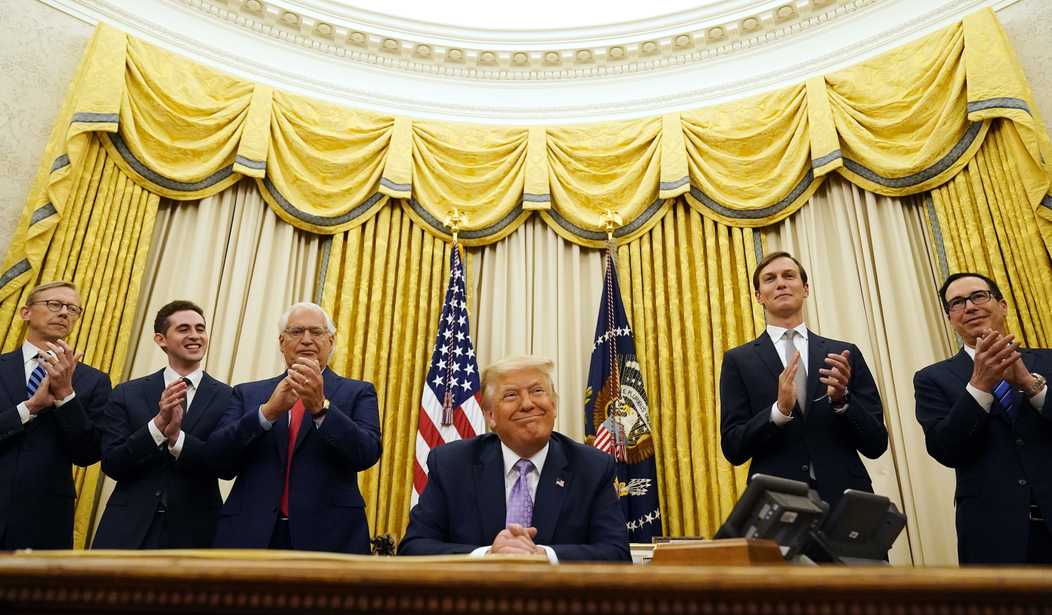
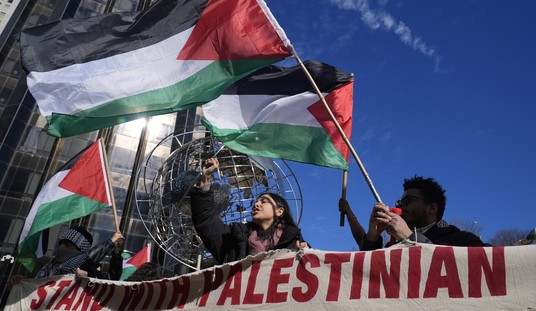
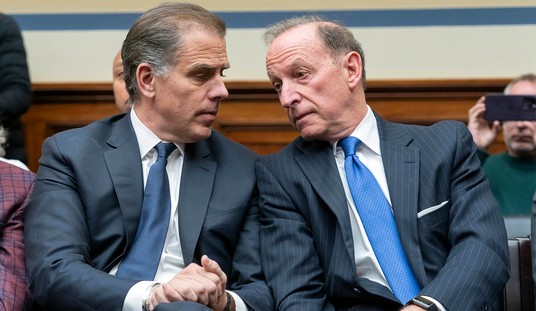


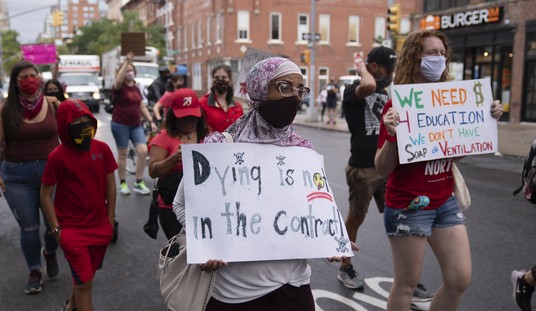
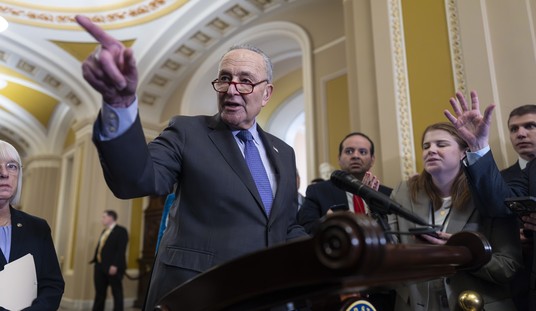
Join the conversation as a VIP Member